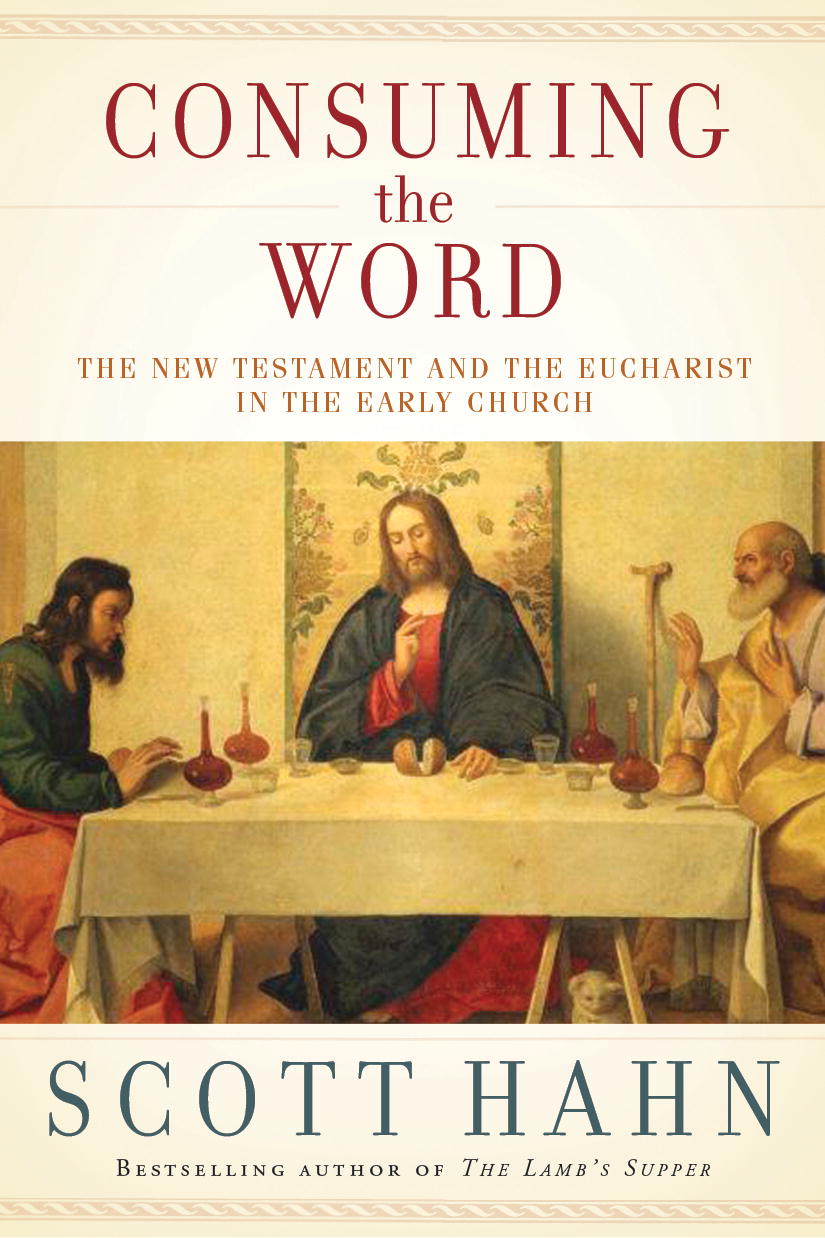
My consumption of books, I confess, has sometimes bordered on the gluttonous. I used to haunt library sales, yard sales, and garage sales. When I traveled for business, I’d routinely spend my meal allowance on books, which I devoured in between meetings, on public transportation, in waiting rooms—wherever, whenever. I would forgo sleep to read still more.
My reading habits became the subject of good- natured jokes in my extended family. When my in- laws sent me on an errand, they knew to allow time for my detours in book- shops. When we moved our household from Illinois to Ohio, the truckers had to take the weight of hundreds of crates of books into consideration and detour from interstates in order to avoid fines for overload.
Consuming words, I had put on a bit of weight, and it showed. It still shows. Anyone who visits my house gets a tour of my library, which now includes tens of thousands of volumes shelved on an entire floor of a substantial home in Steubenville, Ohio. Most of the books I own are books of theology, so most of the words I consume are words (logoi) about God (Theos ). As I devoured these books by the hundreds, I found that they—curiously enough—pointed beyond themselves. They pointed to a meal.
Why should this have been strange to me? I knew that Jesus himself was a great devourer of books. He had been schooled in the Law, the Prophets, and the histories of ancient Israel; and even the day he rose from the dead he spent interpreting those books (see Luke 24:27). His “opening” of the Scriptures that day was a clear affirmation of the importance of the books, but it was nonetheless a prelude to his fuller revelation “in the breaking of the bread” (see Luke 24:30–35). At Emmaus the eyes of the disciples were finally opened as they sat at table with Jesus and he fulfilled the words of the Psalm: “Taste and see that the Lord is good!” (Psalm 34:8), following its sequence rather exactly.
In the early days of my book collecting—when I was a new Catholic and a graduate student—I led a Bible study in my home. Most of the members were Catholic undergraduates who were unaware of the sacramental riches of their tradition. My wife, Kimberly, was still Protestant at the time, but she was still more aware of Catholic doctrine than the cradle Catholics were. One night she complained that she and I had spent so much time studying the menu while these young people had been enjoying the meal.
Enjoying the meal, they were better equipped to appreciate the menu—once they understood the connection. That was as true of the young readers in my Bible study as it was of the disciples at Emmaus. Consuming the Word of God made them hunger ever more for the words of God. So, to help people make the same connection, I have written another book, titled (of course) Consuming the Word: The New Testament and the Eucharist in the Early Church; and I pray that it will be consumed with delight by many people. This book appears as a third course, as it were—a main course—following after my earlier titles The Lamb’s Supper and Letter and Spirit. In it I demonstrate that the New Testament was a sacrament long before it was a document, and the proof of that is even in the document!
My great hope is that this book will open up new conversations between Protestants and Catholics. We agree on so much; and our points of disagreement are often based on deep misunderstandings. With this issue in particular—the sacrifice of the Mass and its relation to the New Testament—we’ve been talking past each other for centuries. We’re using the same words, but to mean different things. That’s the opposite of what Jesus came to establish—that all may be one! It’s the opposite of what the Mass is supposed to accomplish—one bread, one body! The situation should be unbearable to us, because it’s contrary to God’s will. If I can advance our walk together a step or two, I’ll be a very happy man.
Get Consuming the Word: The New Testament and The Eucharist in the Early Church.













